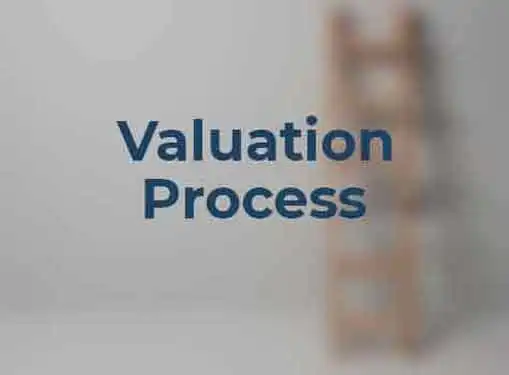How to Buy a Business
Valuation Process
Written by Bobby Jan for Gaebler Ventures
Buying a business? If so, defining how much a business is worth is very important. This article will help you by breaking the valuation process into five easy steps.
If you are looking to buy a business, you are probably wondering about business valuation.

The valuation process might seem daunting for somebody who is new to the business of buying businesses. Although this is a difficult process, we can break it down into five smaller steps.
Step 1: Defining the Valuation Assignment
First, it is important to clearly define the parameters of the problem. What business or portion of a business is being appraised? What is the goal of the valuation?
Step 2: Gathering Facts
After step 1 is well established, now it is time to gather the necessary facts. We can further break down the facts into two categories: facts that are directly related to the business and facts that are indirectly related to the business. Some examples of directly related facts are accounting records, past performance, client relationships, liquidation value, etc. Some examples of indirectly related facts are competition, regulatory climate, and macroeconomic trends, etc.
Step 3: Analyze the Facts
This is perhaps the most demanding step in the valuation process. After the right facts has been collected, these pieces of information must fit together to help determine the value of the business. You should use many approaches and methods to analyze the facts. In fact, in this step, you might reach many different conclusions.
Step 4: Final Estimate of Value
After exploring many approaches in step three, a conclusion, however rough or precise, must be drawn. This is important set a ceiling to how much you are willing to pay for a company.
Step 5: Prepare Valuation Report
If you are appraising a business for a client, then it is essential for you to prepare a presentable valuation report. Even if you are not making a presentation, it helps to put down your ideas down on paper or be able to explain it clearly to somebody else since this will help you solidify your finding, reasoning, and conclusion.
Cheng Ming (Bobby) Jan is an Economics major at the University of Chicago who has a strong interest in entrepreneurship and investing.
Share this article
Additional Resources for Entrepreneurs




Conversation Board
Offer your comments, suggestions and questions regarding this article. We appreciate your participation!